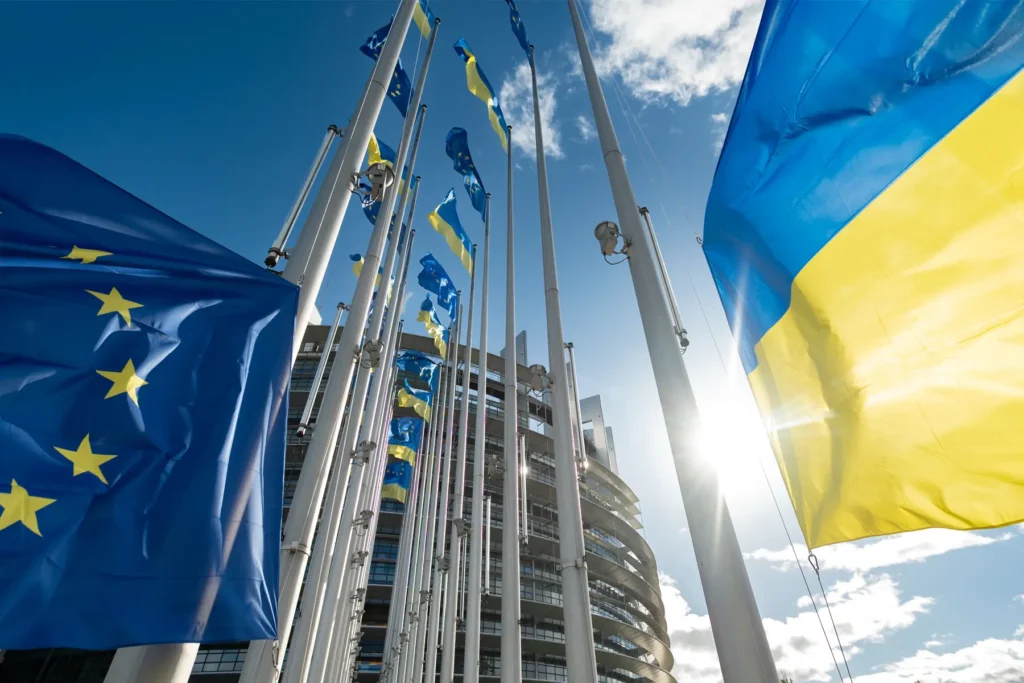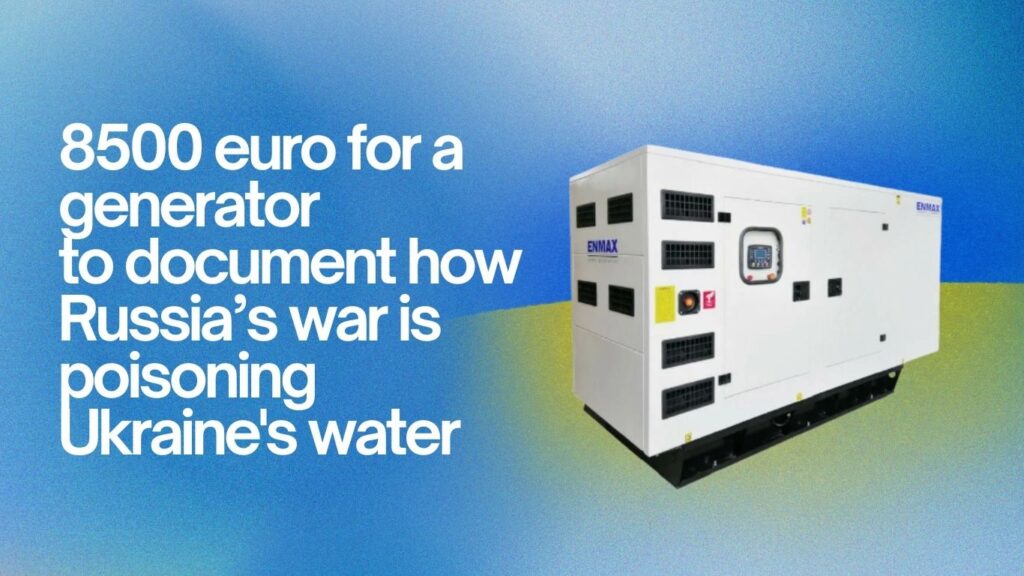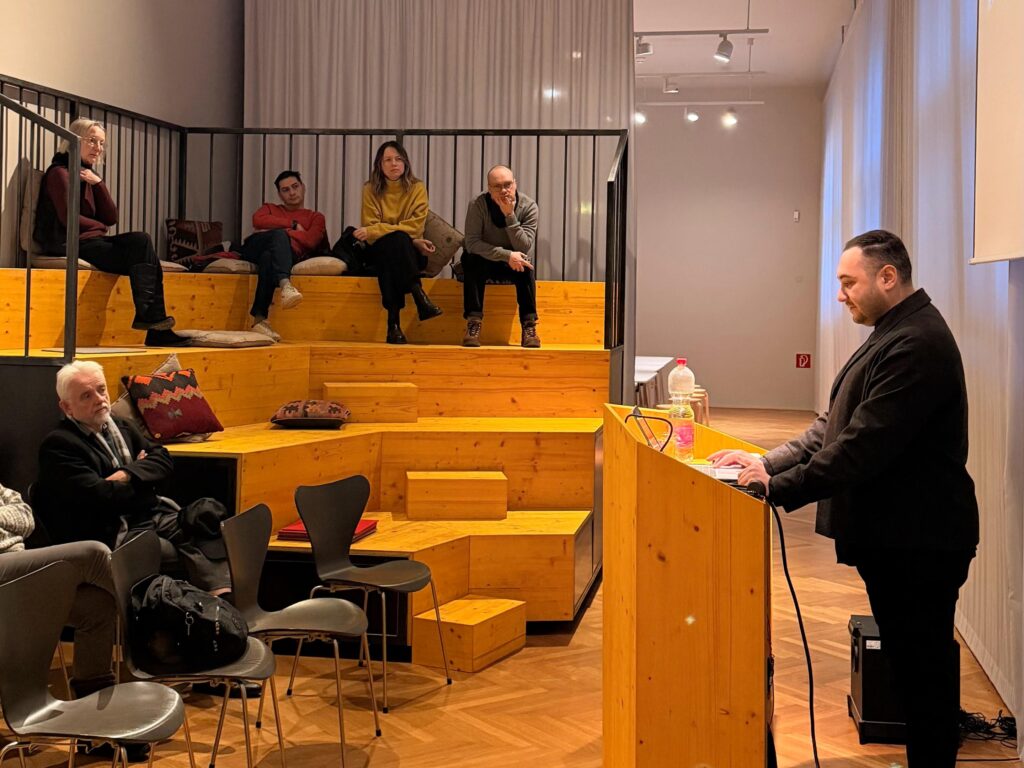Europe at a Crossroads: The Munich Security Conference 2025, the End of the Transatlantic West, and Its Consequences for Civil Society
By Jacob Riemer, Austausch e.V.
The Munich Security Conference 2025 marks the deepest rupture in the European peace and security order since the dissolution of the Warsaw Pact, when Soviet control over Central and Eastern Europe ended.
Today, Europe stands isolated, caught between an aggressively expanding Russia and the United States, which at the Munich Security Conference 2025 effectively renounced the alliance of the post-war era that was based on shared values and interests.
However, existing structures offer potential avenues for reorganizing European security. In addition to significantly strengthening the EU as a geopolitical actor and reinforcing NATO’s European pillar, the OSCE provides a forum for restructuring regional security within a broader geographical context. It addresses European security issues in a larger Euro-Atlantic and Eurasian framework, bringing together all relevant stakeholders, including EU member states, Ukraine, the U.S., and Russia. The 50th anniversary of the OSCE, which is being observed this year in geopolitically challenging times, could serve as an opportunity to revitalize the organization.
Furthermore, the OSCE’s broad-based approach—integrating military, economic, and humanitarian security—ensures that civil societies participate in the organization and maintenance of security. Together, they offer an essential starting point for building a more resilient and cooperative security architecture.
One thing is clear: The transatlantic West as we knew it is a thing of the past. The Trump administration is taking rapid steps with the apparent goal of undermining Europe’s liberal order. The alliance between Europe and the United States, which was based on shared values and interests, has effectively come to an end. U.S. engagement in Europe now rests on shaky ground.
Illiberal Coalitions Against Us
Instead, the U.S. is positioning itself as an illiberal great power, aligning with imperial and authoritarian states like China and Russia while politically distancing itself from the liberal democratic alliance of the EU. The Trump administration attacks Europe using the same populist narratives of supposed democratic shortcomings that Russia and China employ in their hybrid warfare against us.
What is now needed is a revolution in European security: The EU must, within months, evolve into a unified security actor. For the first time since World War II, European security is once again a fundamentally European matter—one that Europeans themselves must shape, finance, and organize.
And this comes at the most challenging time for European security in decades. Russia’s ongoing war against Ukraine and growing internal polarization within the EU expose a fundamental weakness in democratic Europe.
Reshaping the Security Environment
This new role must be built upon consolidating and expanding Europe’s military and economic power within a Europeanized NATO. In dealing with the security challenge posed by Russia, reviving the OSCE as a negotiation forum for European security is a crucial option.
To achieve this, EU member states—especially Germany—must invest in their own military capabilities at an unprecedented level. This is necessary to develop power projection capacities in response to the anticipated arms race and Moscow’s hybrid warfare against the EU, which Europe currently lacks.
Ukraine Remains the Centerpiece of European Security
The linchpin of European security in the 2020s and 2030s will be Ukraine. Since 2014, and especially since the full-scale invasion in 2022, Ukraine has been the frontline of Russia’s campaign against Europe’s values- and security-based alliance. A free Ukraine remains the cornerstone of a free Europe. Ukraine’s defense against Russian aggression buys Europe time to reorganize its own security structures.
Strengthening Europe will come at a significant cost. Therefore, it is essential to strategically invest all available resources—whether political, economic, or societal—into a comprehensive self-empowerment strategy. This includes expanding both hard power and soft power, as they complement each other in these times.
Just as it was 50 years ago during the signing of the Helsinki Final Act, which is being observed this year, today’s European civil society must define new structures and approaches to European security that will ensure the safety and sovereignty of Europe’s states well into the 21st century. It is all or nothing.





